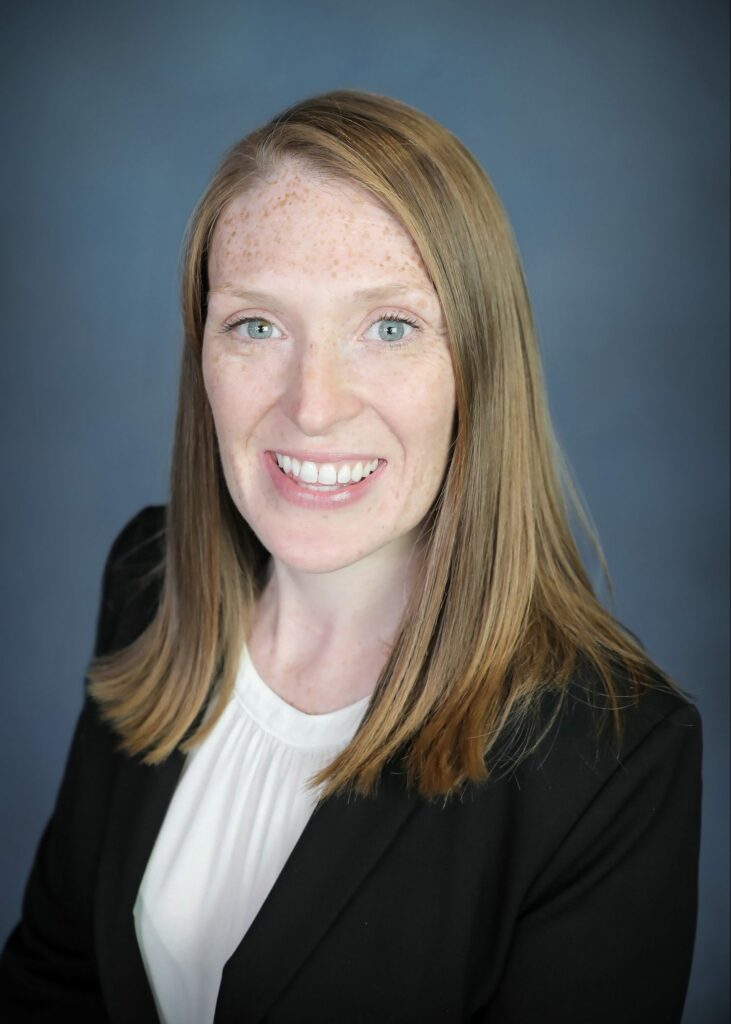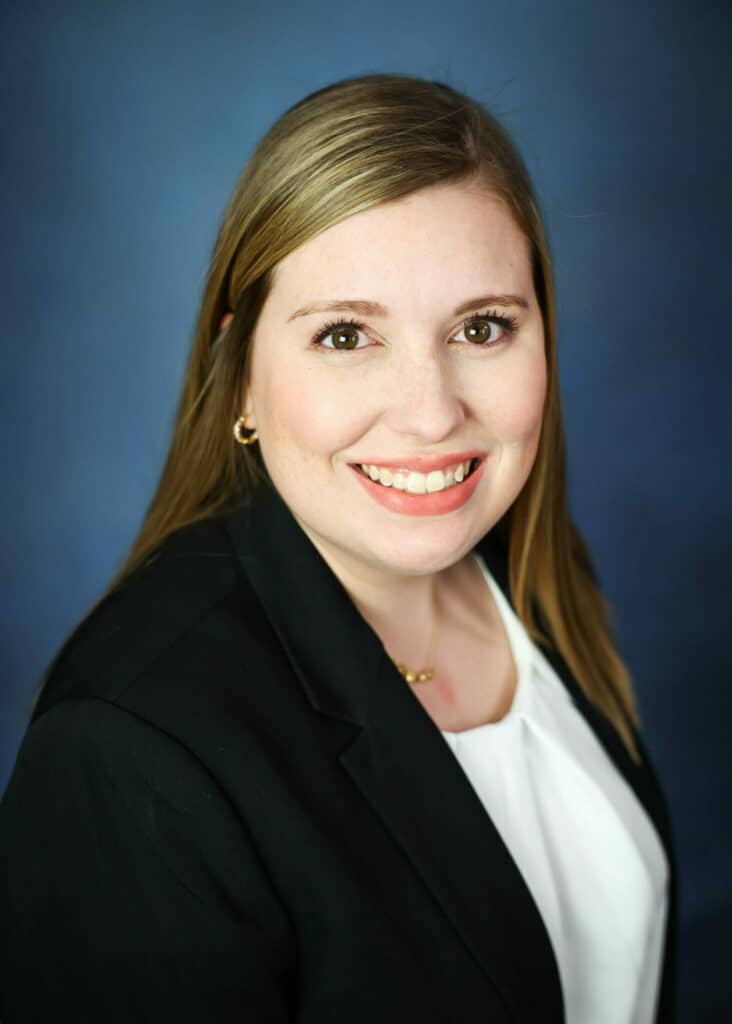
Educational Audiology
Hearing Evaluation Services is one of the only freestanding nonprofit audiology practices in the United States. One of our newest initiatives is the development of an Educational Audiology program that provides services to school districts and families throughout Western New York.
The mission of our Educational Audiology team is to provide resources and help advocate for hearing health services in educational settings. The Educational Audiologist works with the student’s educational team to ensure the hard-of-hearing student has the opportunity to achieve their academic potential.
The Educational Audiology program at HES addresses the practice areas identified within IDEA (Individuals with Disabilities Education Act) for audiologists including:
- Screening, assessment, amplification, habilitation, counseling, prevention (34CFR300.34(c)(1)
- Assistive technology and assistive technology services (34CFR300.5-.6 & C)
- Routine checking of amplification devices and external components of surgically implanted medical devices worn by children in school (34CFR300.113)
We currently provide Educational Audiology at: Alexander Central School District, Attica Central School District, Batavia City School District, Byron Bergen Central School District, Caledonia Mumford Central, Elba Central School District, Oakfield Alabama Central School District, Warsaw Central School District.
Our audiologists maintain current licensure to practice in the state of New York and hold clinical doctorates in audiology (Au.D.) from accredited universities. Our Educational Audiologists are Dr. Christine Pleban and Dr. Melanie Zimmer.
Program Features
The Educational Audiology Program at HES can offer your district:
- Hearing Assistive Technology – Selection, Fitting, Verification, and Validation of DM HAT, remote microphone, and classroom audio distribution systems.
- Educational Hearing Testing – Provide comprehensive, educationally relevant evaluations to assess students with diagnosed or suspected hearing loss or auditory processing disorders. This evaluation can be completed at Hearing Evaluation Services or at a school site by a licensed Educational Audiologist.
- Hearing Screenings – Completed at a school site by our screening team consisting of licensed audiologists and current doctor of audiology students.
- School Staff and Community Educational Programming – Training programs and staff inservicing on hearing, auditory disorders, hearing profiles, and amplification devices.
- Educational Consulting – Counsel and guide students, parents, and teachers regarding hearing loss, auditory profile, and resulting needs.
- Classroom Acoustical Evaluations – Analyze educational environments for background noise, reverberation, and signal-noise ratio.
If you are interested in learning more about our Educational Audiology Program, please call us.



